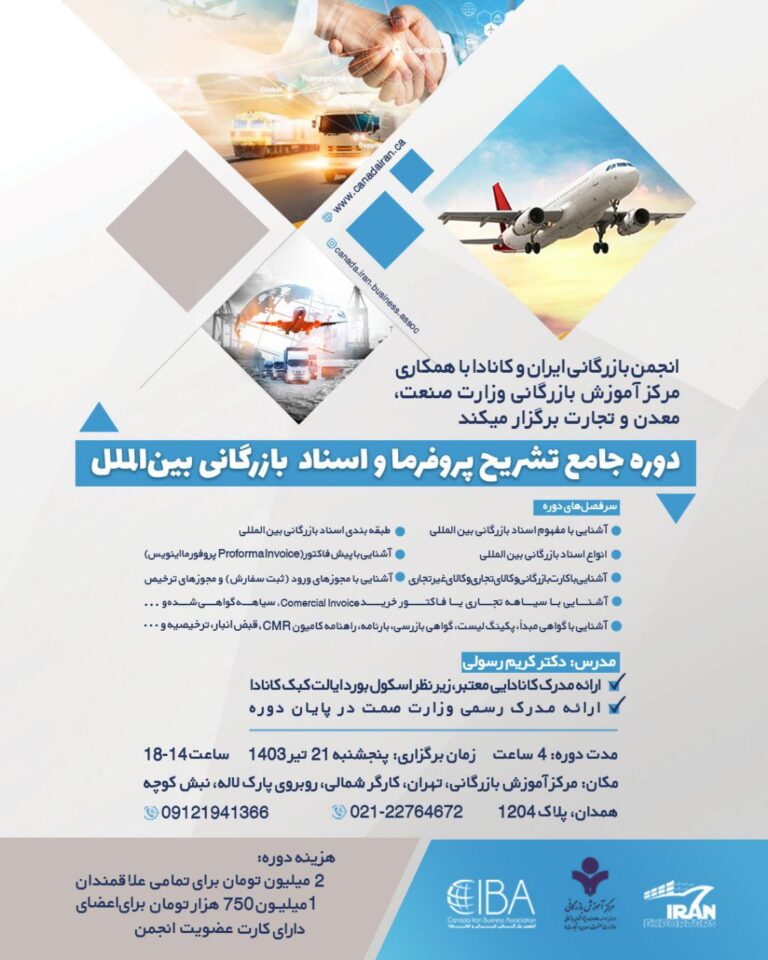Toronto is the safest city in North America, according to a new report on cities worldwide, which also ranks the Ontario capital as the sixth safest city overall.
This year’s Safe Cities Index, a report put out by The Economist Intelligence Unit, looked at 60 cities across five different continents. The criteria for scoring was split into four major categories: digital safety, infrastructure, health and personal safety.
The safest city, according to the report, is Tokyo, followed by Singapore, Osaka, Amsterdam and Sydney to round out the top five.
Toronto just beat Washington, D.C., which was the only other North American city to crack the top 10. Copenhagen tied with Seoul for eighth place and Melbourne came 10th.
The top 10 was largely dominated by cities in Asia, but the study reported that it wasn’t a specific geographic region that provided more security, but rather the specific urban centres themselves.
The study said that when they looked at the way the different categories of safety correlated with each other, they found that “Tokyo, Singapore and Osaka lead because of their specific strengths, not because they happen to be in Asia.”
Unsurprisingly, wealth played a factor. Cities where the occupants had a higher average income in general were able to provide better infrastructure and healthcare systems. But the study found that transparency and governance without corruption was almost as important as wealth.
The study looked at 57 distinct factors that were funneled into the four categories of safety that the cities were scored on. Some of these individual factors included things such as number of cyber-security teams, disaster management plans, environmental policies, the number of doctors for every 1,000 people, air quality, gun regulation, violent crime, gender-related crime and the perceptions of safety amongst occupants.
In general, the study found that cities tended to have even results across the four different categories, as opposed to doing very well in one and terrible in another. Each category has an effect on the others, the report pointed out. Technological advancements in infrastructure, for instance, could also provide a health benefit, while enhanced cyber-security could help in all categories.
Out of the individual categories, Toronto did best in personal security, where it was scored 8th overall. It came lowest in health security, at 17th place. The city was 9th in digital security and 12th in infrastructure security, tying in the latter category with New York City.
As the world deals with a growing climate crisis and social and cultural stresses on top of that, this year’s version of the study added more “resilience” indicators of urban safety, in order to look at how cities moving forward are planning for the future and not just reacting to events like natural disasters after they occur.
“A look at the top five cities in each pillar — digital, health, infrastructure and personal security — yields a similar message,” the study reads. “In each area, leading cities got the basics right, be it easy access to high-quality healthcare, dedicated cyber-security teams, community-based police patrolling or disaster continuity planning.”
Toronto has fallen slightly in the ranks since 2017 — the report, sponsored by NEC Corporation, is biennial. The top three cities are unchanged from 2017, but in the last version, Toronto placed 4th overall.
This study does not mean that Toronto is the safest city in Canada, as the Economist Intelligence Unit only chose 60 major cities from across the world to inspect, and Toronto was the sole Canadian city to be included.
This is the SCI’s list of the top ten safest cities in the world:
- Tokyo
- Singapore
- Osaka
- Amsterdam
- Sydney
- Toronto
- Washington, D.C.
- Copenhagen
- Seoul
- Melbourne
Source: CTV







